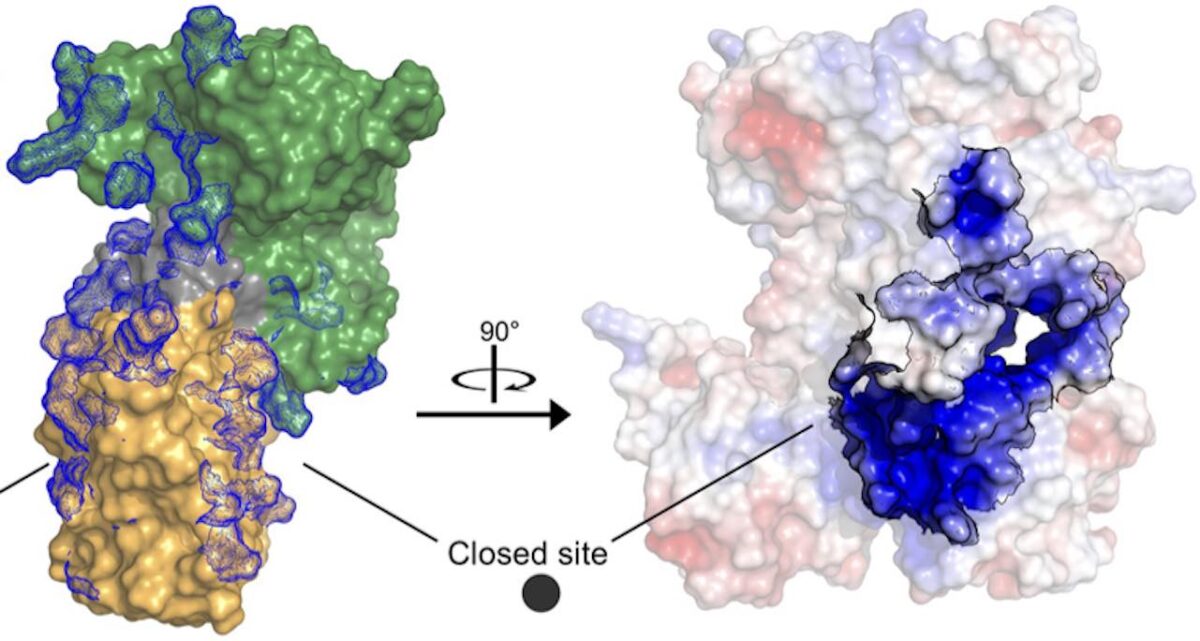Potential Cancer Vaccine

Researchers at Western University have identified a protein with the unique ability to halt DNA damage, which could pave the way for new cancer vaccines and drought-resistant crops.
The protein, called DdrC, was found in Deinococcus radiodurans, a bacterium known for its ability to survive extreme radiation levels that would kill regular human cells. Lead researcher Robert Szabla explains that DdrC plays a crucial role in repairing damaged DNA, similar to an athlete recovering from severe injuries overnight.
Unlike human cells, which die if their DNA suffers more than two breaks, Deinococcus can repair hundreds of breaks with the help of DdrC. Szabla’s team used the Canadian Light Source at the University of Saskatchewan to map the 3D structure of the protein, revealing how it detects and traps DNA breaks, preventing further damage and signaling for repair.
DdrC stands out because it works independently, unlike most proteins that rely on complex networks to function. When tested in E. coli, it made the bacterium 40 times more resistant to UV radiation. This discovery suggests that DdrC could enhance DNA repair in various organisms, potentially leading to breakthroughs in biotechnology, such as cancer prevention.
The researchers are just beginning to explore the potential of Deinococcus, with many more proteins yet to be studied that could offer new insights and applications.